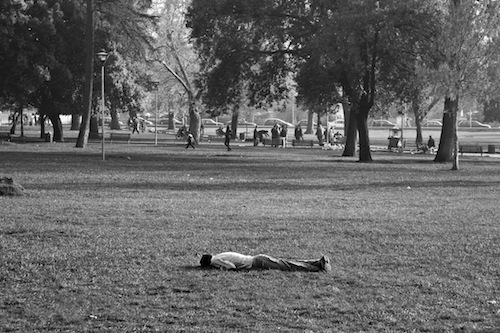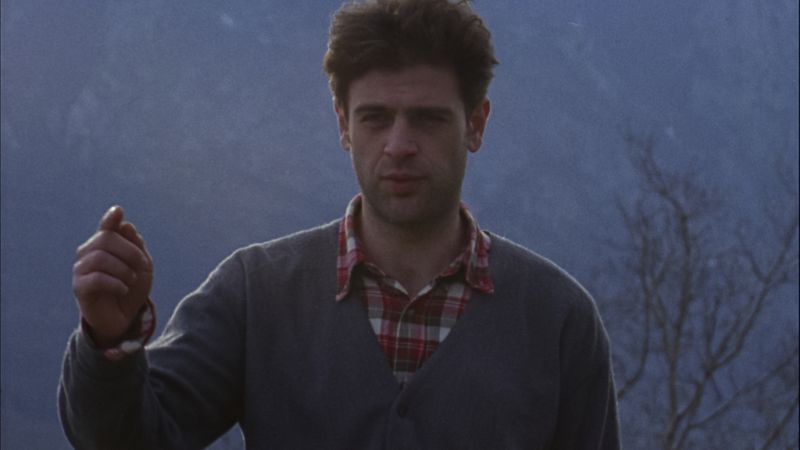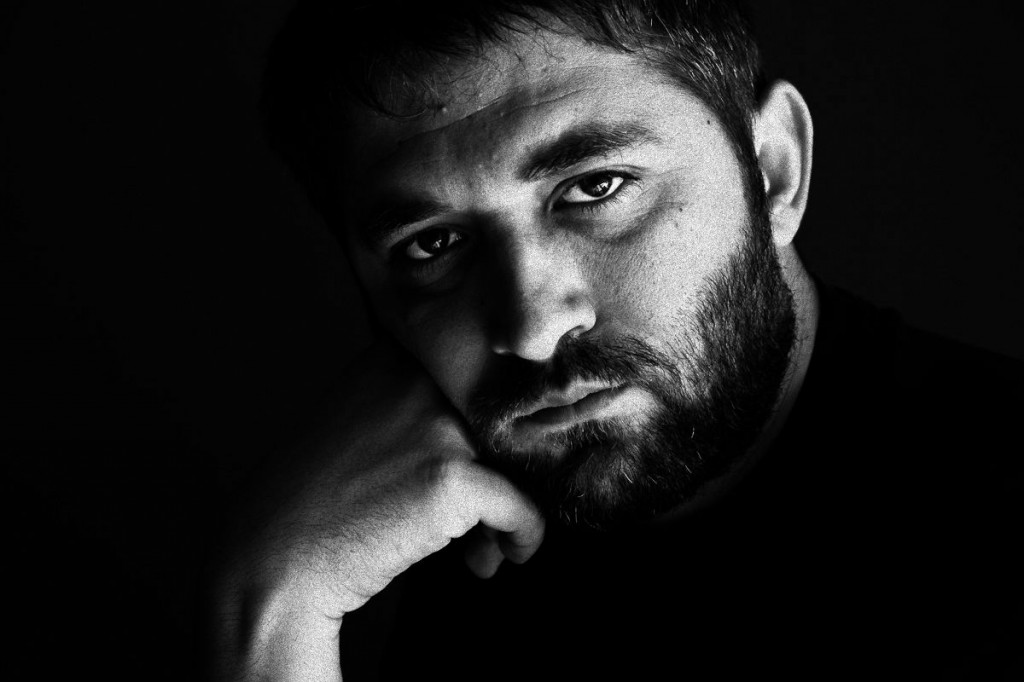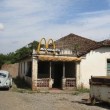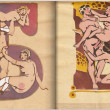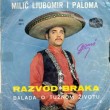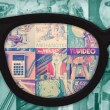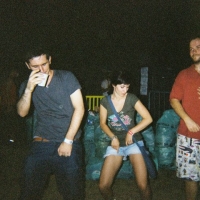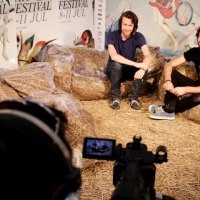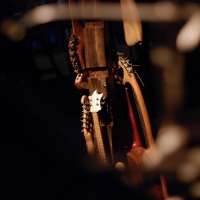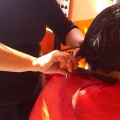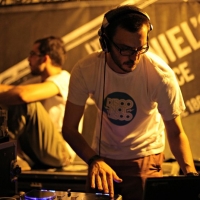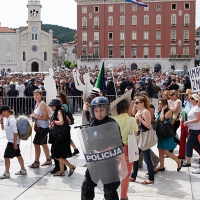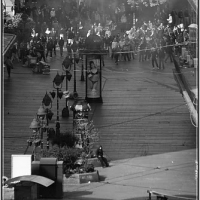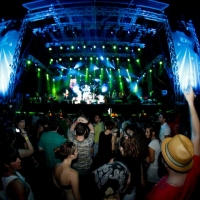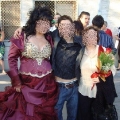A+A | Centro Espositivo Sloveno in Venice, Italy welcomes Bosnian artist Ibro Hasanović’s solo exhibition Stories, open until 20 November. The curator Claudia Zini sits down for an espresso with the artist
Ibro Hasanović is the winner of the Special prize at 5th International Art Prize Arte Laguna in Venice with the video the name of the film is… I cannot remember the name. Stories is an original show that presents to the Italian public the installation Instructions for gold hunter, the photographic series Conditioned Air and the film A short story.
In A short story an enigmatic character tells the story of a prophecy originating from Eastern Bosnia that has been transmitted by word of mouth for over half a century. This mysterious story starts at the beginning of the Second World War and evokes historical events that have happened since and are yet to come.
Hasanovic’s film is based on the memories that his uncle shared with him, and more specifically, on a story that has been transmitted through generations, in the village where his ancestors lived in Bosnia-Herzegovina. The story relates to a prophecy that was given to the people of this village in 1941 by a local imam, based on the mystical book “Kasida”. The book predicted the main tragedies that happened during the second part of the 20th century in former Yugoslavia and predicts more to come in the 21st. The film tries to highlight the particular role that oral tradition (myths, legends…) plays in the region as well as the fatalistic and superstitious attitude of Balkan people.
The photographic series Conditioned Air reflects upon the exotic paradigm, which commonly refers to Albania, where the artist used to live, a country that has previously been stigmatised with words such as poverty, decay and underdevelopment. His black and white shots capture the reality of a “transitional country” and are characterized by an essentiality that the Western society seem to have lost track of. Hasanović tries to build an alternative narration to this dominant cliché: his subjects are anonymous, ordinary and free from prejudices.
Ibro Hasanović was born in 1981 in Ljubovija, in former Yugoslavia and graduated at the Fine Art Academy in Sarajevo. He currently lives and works in France. He belongs to a generation of artists raised during Bosnian War (1992-1995) that deeply affected his life and consequently his artistic vision. His artwork acts as a medium to narrate his personal story and travel back in time searching for a lost identity and a past that has been destroyed.
In 2009 he took part in the exhibition “The Imaginary Pavilion of Bosnia-Herzegovina” at the Galleria d’Arte Moderna Palazzo Forti in Verona. In 2011 he participated in a collective show at the Wien Brot Kusthall and at the Belgrade Salon.
An espresso with the artist
Ibro, where do you come from?
I was born in Ljubovija, but I grew up in Srebrenica. I spent my childhood there, until the war broke up in 1992. Then I moved to Ljubljana (Slovenia), where I spent my teenage years.
What are the best moments you recall from your childhood?
Well, learning to ride a bicycle, making a “sculpture” out of my brand new Adidas shoes using a pocket knife, swimming in freezing cold mountain rivers, hunting without much success… I have really good memories about that time.
Did your parents encourage you to become an artist?
They didn’t disapprove. The only thing my father didn’t want me to study was journalism, which I had an appetite for. So, Sarajevo Art Academy was the choice. I studied product design for three years, than I moved around a little bit, finally I ended up in France and got into Le Fresnoy–Studio national des arts contemporains.
Is there any Bosnian artist who has influenced your artistic thoughts?
Not really. I spent a lot of time with writers, while I was a student. Literatures and cinema have been the major part of my influence, and still are. I started making some videos along side my studies… So, at one point I quite product design, and I tried to make art.
You don’t live in Bosnia-Herzegovina anymore. What memories from your country did you bring with you to France?
I live in France, which I love very much, but I am still Bosnian, a proud one.
Bosnia-Herzegovina does not have its own pavilion at the Venice Biennale. What do you think is the main problem, which prevent the country to take part of the Biennale?
I think the main problem is the lack of political unity. Of course money plays important role, but also the fact the on the state level we don’t have a Ministry of culture, which should be the institution in charge of cultural promotion of the country at events such as biennale.
Did you like your espresso?
Yes, very much!

